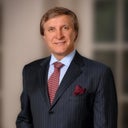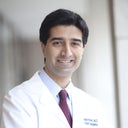Aftercare For Facelift and Upper Eyelid Surgery for a Patient With Severe Sleep Apnea?
How Do You Manage a Patient with Severe Sleep Apnea After Facelift and Upper Eyelid Surgery when the Patient is Used to Using a CPAP machine at night?
How Do You Manage a Patient with Severe Sleep Apnea After Facelift and Upper Eyelid Surgery when the Patient is Used to Using a CPAP machine at night?



What’s trending? Who’s turning heads? Which TikTok myths need busting? We’ve got you. No fluff, no gatekeeping—just real talk. Get our free, unfiltered newsletter.